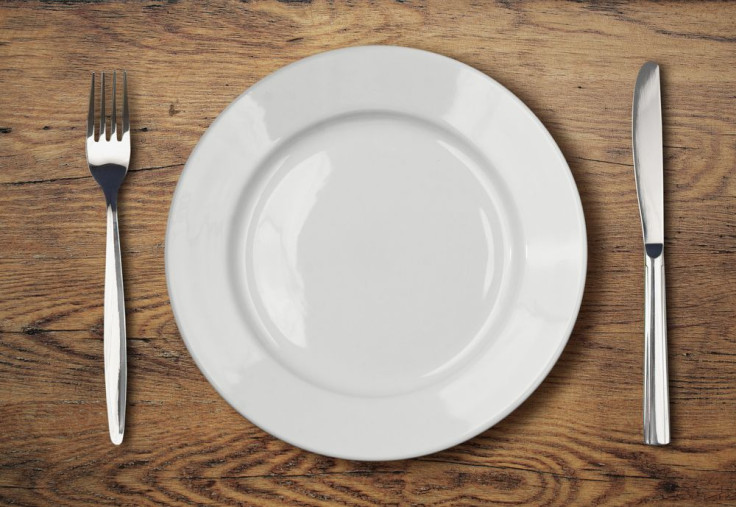
On Friday, September 29 at sundown, our Jewish friends will begin to celebrate the second of the High Jewish Holidays, Yom Kippur. This is considered to be the holiest day of the year for the Jewish people. The purpose of Yom Kippur is to bring about reconciliation between people and between individuals and God. Of course, there are some traditions that are followed. You can’t shower, engage in sexual relations, or wear leather shoes, and some people wear white as a symbol of purity.
But the most known tradition to the non-Jews is the fact that many Jewish people fast (no food, no water) for a period of 25 hours. Of course, there are exceptions for fasting if a threat to life is involved, or if a child is under nine or a woman has just given birth. But for those who fast, it’s important to keep into consideration the following ways to make this time easier on yourself and your body without suffering major consequences.
1) It’s important that the weeks prior to Yom Kippur you start kicking your bad habits. Some people can’t live without their coffee, which makes it harder to go a full day without having your cup of Joe. Days before the holiday, you should begin to decrease your caffeine consumption and switch some of your coffee to decaf in order for your body to get use to it and not crash during the fast. At least two to three days before Yom Kippur, you should be able to go a whole day without coffee. While you’re kicking your coffee habits, make sure to drink plenty of water.
2) The same goes for sugary treats or salty food you might love too much, as well as cigarettes, cigars, pipes or anything else that you consume habitually or compulsively. Sudden deprivation can cause withdrawal symptoms that will make it harder to fast. If you taper off of these things about a week before the fast, you will find that your withdrawal symptoms are not as severe.
3) Switch up your meal schedule. If you have a very strict schedule when it comes to eating, you might want to change it up. You will find that it eases your feelings of hunger at meal times. Of course, these tips are to start preparing for Yom Kippur. But what do you do when you totally forgot to prepare and only have a few hours left before fasting begins?
4) The same, avoid caffeine, alcohol, sweets and salty food that will contribute to dehydration. Drinks lots of water, not soda, not other drinks. Water.
5) Don’t over eat. Over eating might make you even more uncomfortable and your body will need excess fluids to process those large meals, fluids that you were supposed to be storing to not dehydrate. Eat normal sized meals leading up to the fast and reduce the amount of proteins and fats as the day goes on. Preferably, avoid meat.
6) Carbs are your friends. Pasta, bread, rice, fruit, veggies and legumes are best for maintaining your body energy levels during the fast. Whole-grain products that are high in fiber are the best, since they will provide energy and your body will digest them slowly, so you’ll feel fuller for a longer time. Also, carbs help your body absorb water more efficiently, helping you to stay hydrated during the fast.
7) Forget about dessert on your last meal before the fast. Save it for after, that way the sugar rush won’t make you crazy and hungry.
8) Once your fast starts, remember to go to the synagogue, don’t talk about food or hunger (it will only focus your attention on it and make it harder to fast), take an afternoon nap, and sniff spices, especially cinnamon and cloves, it will ease the hunger.
© 2024 Latin Times. All rights reserved. Do not reproduce without permission.
